
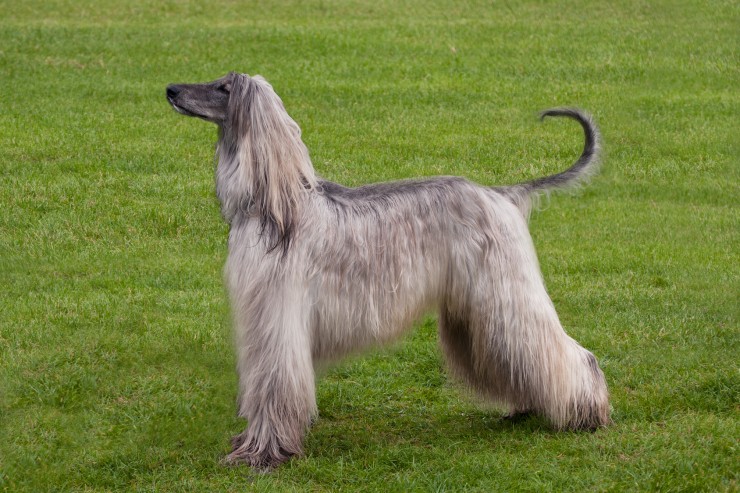
Afghans Hounds are without a doubt beautiful dogs with their long, silky coats and elegant stature. They are among the breeds that turn people's heads no matter where they go or happen to be. These lovely looking dogs can be traced way back to the times of the ancient Egyptians when they were bred to hunt alongside Pharaohs. However, like many other popular pure breeds, the Afghan Hound is predisposed to certain genetic and hereditary health disorders and sadly, cancer is one of them.
Studies of the breed done in the UK during the nineties established that Afghan Hounds are more likely to develop a form of cancer known as Tricholemmoma at some point during the course of their lives which attacks the outer sheaths of the dog's hair follicles. The good news is that in the majority of cases, the tumours are found to be benign and therefore the prognosis tends to be good.
This form of cancer typically involves benign tumours that develop in the skin surrounding hair follicles and there are two types which are as follows:
The first type of tumour is generally small and benign which typically form on a dog's shoulders, along their backs and flanks as well as on their legs and tail. The second type is much rarer and typically develops on an older dog's body and torso.
If you notice anything developing anywhere on your dog's body, it's really important to get them along to the vet so they can carry out a full analysis so that a treatment can be put in place sooner rather than later. As previously mentioned, the majority of hair follicle tumours found in Afghan Hounds are benign which means the prognosis tends to be positive should a dog develop the condition.
Trichoepitheliomas tend to develop in specific areas of an Afghan Hound's body which includes the following:
As previously mentioned the rare form known as Pilomatricomas tend to develop on specific areas of the dog's body too which includes the following parts:
Sadly, nobody actually knows what causes hair follicle tumour in Afghan Hounds or other breeds of which there are a few. However, there is a general opinion that the condition could be genetic which means that dogs suffering from the disorder should not be used in a breeding programme.
The vet would need to run a full blood profile along with other specific tests to establish whether or not an Afghan Hound is suffering from the condition. However, they would also need to know about the dog's history and that of their parents. Taking samples of tumours will establish whether they are benign or not and once this has been established, the vet would then recommend a treatment. Tumours are typically removed if they are found to be benign, but should they prove to be malignant, they would refer a dog to an oncologist.
It goes without saying that should an Afghan Hound be diagnosed and treated for hair follicle tumours, it is really important for owners to keep a close eye on their pets to make sure they don't start developing again. With this said, as most of the tumours turn out to be benign, the prognosis is generally thought to be very good.
Afghan Hounds and a few other breeds are more prone to suffering from hair follicle tumours, but the good news is that most of the time these turn out to be benign. As such vets can surgically remove the tumours and the prognosis is generally very good. However, once an Afghan has developed the condition and received the right kind of veterinary treatment, owners need to keep a close eye on their pets to make sure the condition does not recur and if it does, to take their dogs to the vet sooner rather than later. If you’re thinking about getting an Afghan puppy, it’s really important to contact a reputable breeder who takes great care in choosing the dogs they breed from because this is the only of reducing the chances of puppies inheriting the disorder.
 Why And How To Decide Who Would Keep The Dog If Your Relationship Broke Up
Why And How To Decide Who Would Keep The Dog If Your Relationship Broke Up
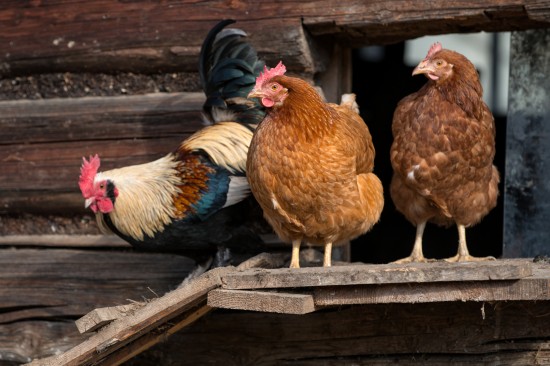 The Importance Of Ventilation In The Chicken Coop
The Importance Of Ventilation In The Chicken Coop
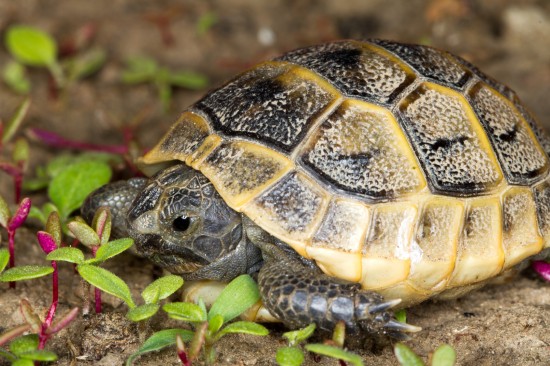 Common Health Issues In Tortoises
Common Health Issues In Tortoises
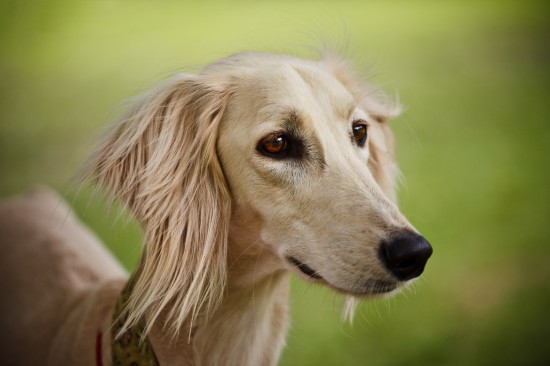 Saluki Dog Hereditary Health And Average Longevity
Saluki Dog Hereditary Health And Average Longevity
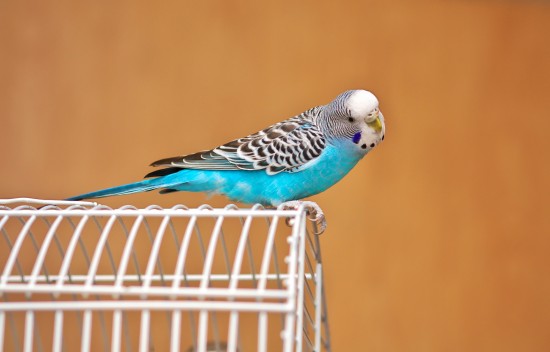 Behavioural Problems In Birds
Behavioural Problems In Birds
 What To Do If Your Dog Refuses To Go Out To Toilet In The Rain
What To Do If Your Dog Refuses To Go Out To Toilet In The Rain
Copyright © 2005-2016 Pet Information All Rights Reserved
Contact us: www162date@outlook.com